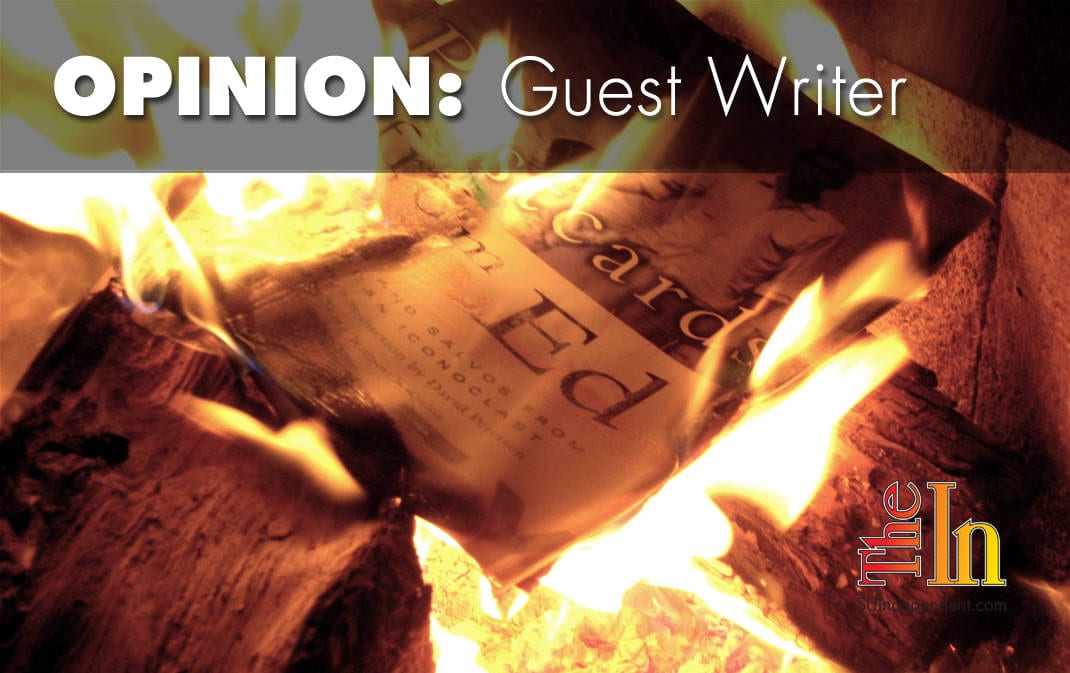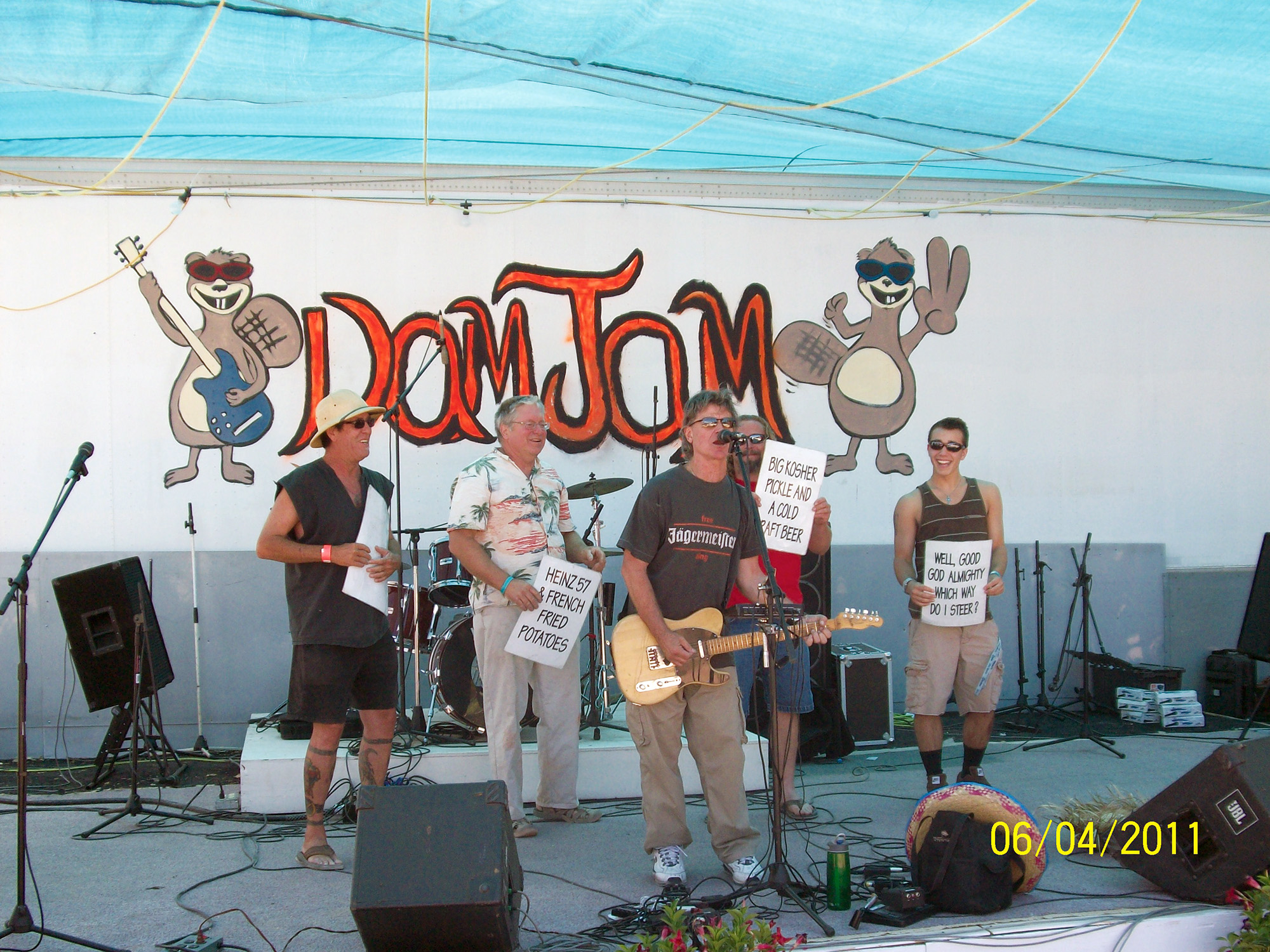
Every year at the end of September they gather in libraries and bookstores (two of my favorite places on the planet) to educate, celebrate, remember, and remind—I’m not sure exactly which is the best word here; maybe “preach” and “lecture” are better terms.
I’m talking about Banned Books Week.
Started in 1982 by library activist Judith King (what is a library activist anyway?) and these days sponsored by the American Library Association, the American Booksellers Association, and a handful of other organizations, the purpose of Banned Books Week is to call attention to banned and censored books.
Let’s clarify things, to start.
In modern America, unless you’re talking about child porn or national security, it’s practically impossible to ban anything. And even with those two examples, we all know if you look hard enough, you can find what you’re looking for. (Can you say Julian Assange?)
With online publishing and e-books, you can publish anything you want. Whether or not people want to read what you’ve published is another issue.
Sure there have been titles—many that I have enjoyed reading—that have been pulled from various school libraries around the country for a variety of reasons, but they haven’t been banned. In almost all cases, they make their way back onto the shelves. Just go to your local public library, the bookstore, or Amazon.com and get a copy. Banned books are the unicorns of the publishing world. People talk about them, but you never see them.
There aren’t government censors lurking around every corner to arrest you for what you’ve written or said, such as it is in places like China, Cuba, and Iran, to name a few. In Cuba, you can be arrested just for heading out your front door to attend Mass celebrated by the Pope.
We’re not talking about the Middle Ages or the Renaissance, or even Victorian England here. Say “banned books,” and everyone comes up with images of Savanorola’s Bonfire of the Vanities here in Florence, or the huge book bonfires in Nazi Germany. When was the last time you saw a government-sponsored book burning?
When you’re talking about things being banned, think about the Iranian students who were arrested and jailed for dancing together in their video tribute to Pharell Williams’s “Happy.” And speaking of Iran, there are Iranian metal bands that have to be underground for fear of being arrested because of the music they play. That’s serious stuff. (See Greg Gutfeld’s book “Not Cool.”)
What knots up the knickers of the people who back Banned Books Week is the fact that some people challenge the appropriateness of various books. The reasons vary, but generally the concern is age-appropriateness of the subject matter, sexuality, or language.
Toni Morrison’s The Bluest Eye is taught regularly in high school English courses, and many parents object to the language, its sexually explicit content, and bestiality. Language is a touchy issue. The language most parents object to can be heard in any two-minute walk through high school halls. But bestiality? Teach the book in college, not high school.
Two of the best-known examples are Mark Twain’s The Adventures of Huckleberry Finn, and J. K. Rowling’s Harry Potter books. Both have one thing in common: many object to both boys lying and going against adult authority. They’re adolescent boys. Enough said.
People object to Twain’s language, particularly the “N” word and depictions of slavery—ridiculous arguments. Twain was anti-slavery, and he was writing in the language of the times. Twain was using the acceptable language of his time, and for us at this remove to say it’s unacceptable shows an ignorance of history. To say children of today must accept language their parents object to and then say we can’t accept the language of times past is hypocritical and historically ignorant.
The main complaint against Harry Potter that his books promote wizardry and evil. How silly. The people making this complaint have no real comprehension of evil and wouldn’t know real evil unless it tied them to a chair and spent a month slapping them silly. You rarely hear the same people objecting to Tolkien’s “The Hobbit” or the “Lord of the Rings” trilogy.
Stupid people exist on both sides of this issue. And they’re usually the loudest ones.
Reviewing several sites connected to Banned Books Week is revealing in the list of titles that are challenged. In most cases, I agree with the librarians and teachers. (I mean really, objecting to “Charlotte’s Web”? How stupid can a parent be?) However, I also believe that teachers and librarians should have alternative titles available when challenges are made.
But let’s look at the challenges. What’s wrong with them?
It’s a two-way street.
Many people on the left these days pride themselves on the challenges they make to the status quo. So what’s wrong with parents and other groups making challenges in return?
The fact is that despite what teachers, librarians, and we literature critics say, not every book is worth the time and energy to be taught in the high schools, or even to be read. And challenges from parents and groups open the door for discussion on the validity of books being suggested and taught in our school system.
For my money, many of the book challenges—but certainly not all—are valuable because they encourage dialogue rather than an acceptance of whatever comes down the pike. It’s a good thing for everyone involved.
Funny, you never hear the Banned Books Week people talk about the kid who has had their Bible taken away by a teacher who is paranoid that the kid reading it on their own time at school is a violation of the church and state stuff.
Here’s a personal experience from a few years ago. I bought a couple books published by a high school English teacher with suggested reading for high school students. Anne Rice’s “Vampire Lestat” books were included in the list. She and I entered into a friendly email exchange about her books, but when I suggested that she include in her Lestat recommendations that the books contain homosexual themes to enable parents unaware of the books to make an educated decision, she angrily branded me a book burner and never answered another email I sent her. I never told her to not include the titles, only to include information helpful to parents making an educated decision about what books to choose for their kids.
Looking at all those challenged and “banned” books on the list, it’s interesting to note that approximately 99 percent of them, and the number may be higher, survived the challenges and are still in the libraries.
So we come back to the question. Are books really being banned? They aren’t: challenged, yes, and some with very good reason. But challenging isn’t the same as banning. And as you look at them correctly, challenges open the door for discussion, which is what we should be doing, right?
Ray Bradbury had the perfect response to all this. To paraphrase, if you don’t like what I’ve written, answer me by writing something yourself. That’s good advice for both sides of the issue.



